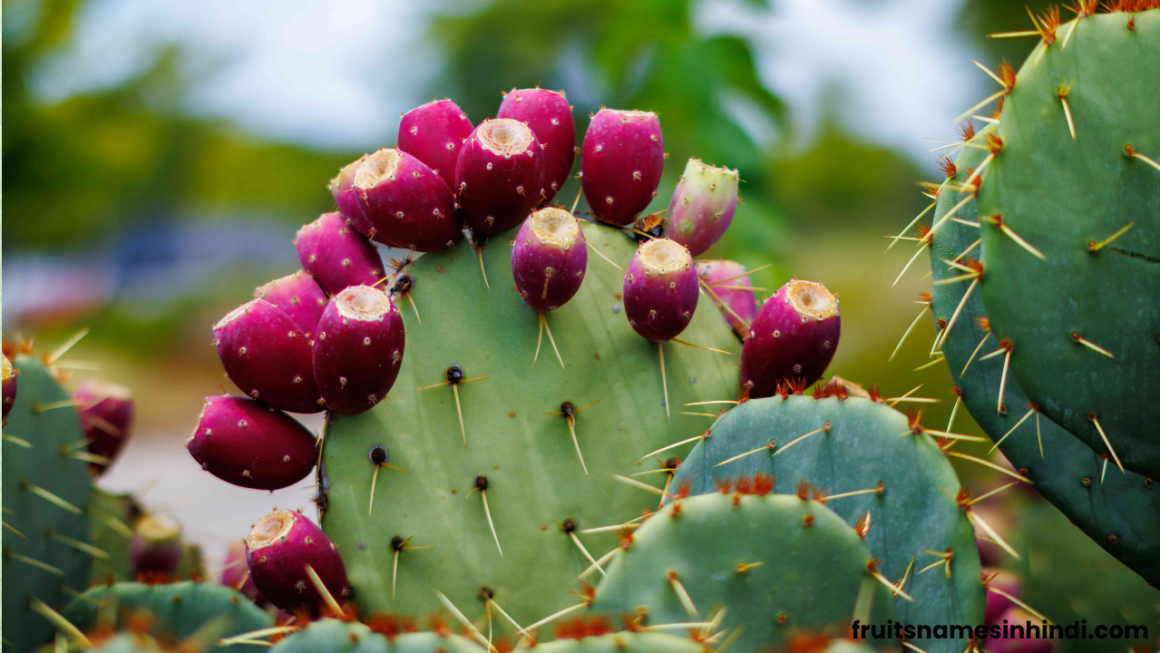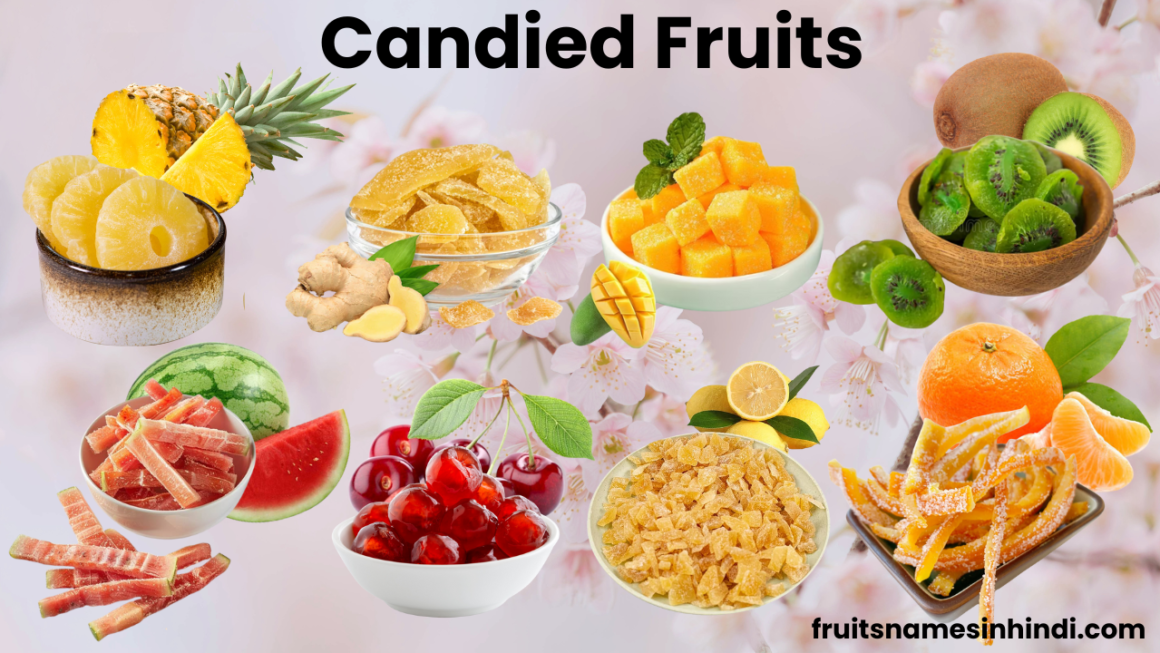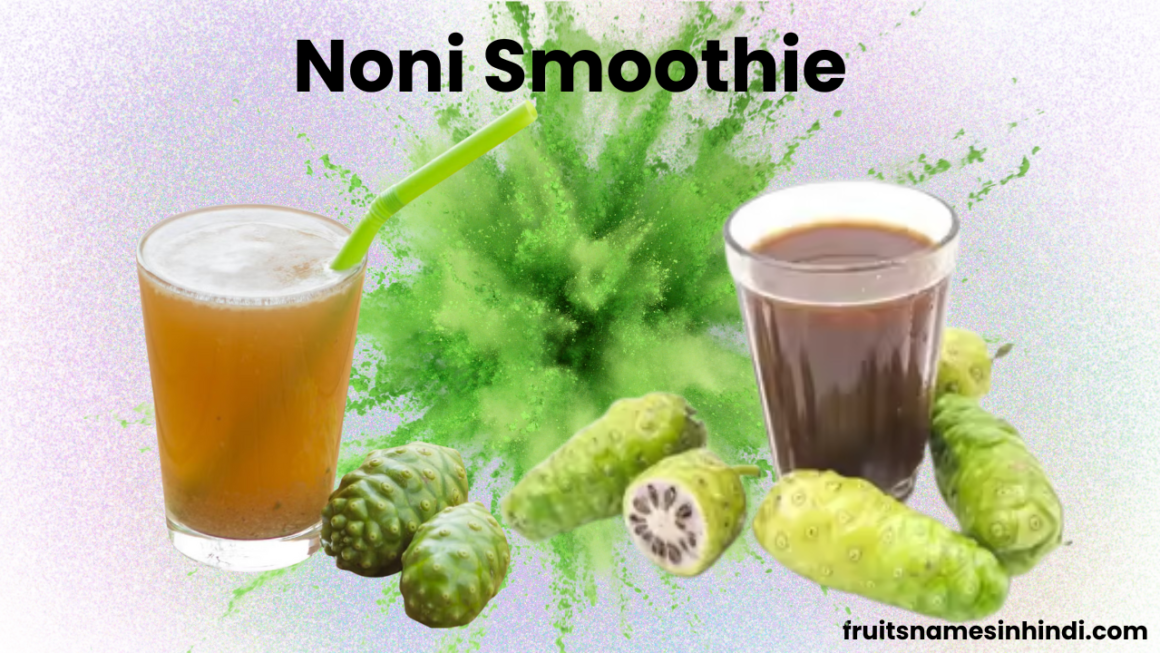Chiku Fruit: A Sweet Treasure from Nature
The Chiku Fruit is a great-tasting tropical fruit, it is sweet and also packed with nutrition. It is also called sapodilla; this little brown and rather grainy fruit is the flavour that everybody loves. It is available in tropical or subtropical regions. If chiku is not in your fruit basket, it should always be on your table. So, let’s take a look at all you need to know about this delicious fruit.

What is Chiku Fruit?
The Chiku Fruit is round, oval and soft in the flesh inside with a hard and brown outside shell. Its flesh is a caramel brown to a lighter beige, its texture brown and pearly grainy, like a pear. It has a wonderful mix of brown sugar and honey with a bit of pear and dates, sounding utterly sweet.
Chiku Fruit is native to Mexico, Central America, and the Caribbean. It is also a second home to countries like India, Thailand, the Philippines and Indonesia. It is grown basically in the southern states such as Tamil Nadu, Maharashtra and Gujarat in India. Its English name is sapodilla, but the name varies from sapota in India and the Caribbean.
Health Benefits of Chiku Fruit:
Chiku Fruit not only tastes good, but it provides you with a lot of nutrients. Here’s why it’s good for your health:
Packed with Nutrients:
The Chiku Fruit is also rich in vitamins A, C, and E and essential minerals such as potassium, calcium and iron, and good for health. But these nutrients are good for you and your overall health, from immune support to bone strength.
Boosts Digestion:
The fruit has lots of dietary fibres that will help to improve digestion and prevent constipation for those looking for a perfect snack and a healthy gut.
Good for Skin and Hair:
It is rich in antioxidants, which fight free radicals and help keep your skin glowing and shiny. It is labelled as a good source of vitamin E, which can take care of skin and promote follicular growth.
Strengthens Immunity:
Chiku Fruit is a rich source of Vitamin C that strengthens your immune system to fight infections, diseases and illnesses.

Benefits for Men:
The natural sugars of Chiku Fruit give you quick energy, which makes it perfect for an active life. It also contains zinc, which helps to maintain reproductive health.
Benefits for Women:
Chiku Fruit, being rich in iron is a benefit to women, especially for preventing anemia. Chiku fruit has been found safe for pregnant women and, is gentle on the stomach and provides enough nutrients.
How to Eat Chiku Fruit: Culinary Uses:
Chikoo Fruit is a versatile fruit that can be enjoyed in various ways:
Raw: Eating the soft flesh without the seeds can be enjoyed with the easiest way of picking out the skin and eating the Chiku Fruit. Its sweet flavour fits perfectly as a dessert on its own.
Smoothies: Chiku Fruit can be blended with milk or yogurt and make a really creamy and delicious smoothie.
Desserts: If I were living in Goa, I wouldn’t miss cooking the Chiku Fruit, which will make an excellent ingredient for Ice creams, puddings and milkshakes.
Jam and Preserves: You can turn chiku fruit into jam or chutney to have the sweetness all year round.
Baking: Include chikoo fruit in the cakes, muffins or breads for a unique twist.

Growing Chikoo Fruits: From Tree to Table:
Chikoo fruit, which is evergreen grows well in warm, tropically hot climates. These plants are easy to grow and are low maintenance; they prefer well-drained soils.
Where It’s Grown:
Chikoo Fruit is native to Central America but is now widely planted in India and Thailand, as well as other parts of Southeast Asia.
Harvesting Season:
Most Chiku Fruit is harvested twice a year, in summer and winter. Picked slightly hard so it can ripen for the best flavour of the tree – fruit.
Traditional Uses of Chiku Fruit:
The centuries-old traditional value of the Chiku Fruit has been in traditional medicine.
Ayurveda and Folk Remedies:
Chikoo Fruit, according to Ayurveda, is cool, and it is treated diarrhoea, inflammation, etc. In some cultures also the ground seeds make a paste to soothe skin irritations.
Boosting Energy:
Chikoo Fruit is rich in natural sugars and is a favourite of labourers and athletes to supply instant energy replenishment.
Economic Importance of Chikoo Fruit:
Chikoo Fruit farming is also a source of major income for many farmers in tropical areas. Demand is high both locally and internationally for the fruit.

Exports:
India exports sapodilla to the Middle East and Europe. The popularity of its exotic fruit is on the rise.
Local Markets:
Chikoo Fruit is usually sold fresh or processed into jams, juices, and candies in local markets.
Fun Facts About Chikoo Fruit:
- Chikoo Fruit trees can live for over 100 years and keep making fruit.
- Historically, the tree’s sap, called chicle, has been used to make chewing gum.
- Chiku Fruit has a natural sugar content of about 20 per cent, which is one of the world’s sweetest fruits.
- Black, shiny seeds, which are slightly toxic if consumed whole, can be found within the fruit, so make sure you remove them before eating.
Chikoo Fruit Allergies: What to Know
Chikoo Fruit is safe, but some people might have allergic responses. Most commonly, itching, swelling, or a feeling of discomfort in the mouth and throat. But if you are allergic to latex, you are more likely to get allergies to Chiku Fruit as it is a natural latex fruit by itself. If you do notice and experience any adverse reactions, always consult a doctor.
Where to Find Fruit Near You:
If you’re wondering, “Where can I find sapodilla fruit near me?” try looking at:
Local Markets: Asian or Latin American markets may sell Chiku Fruit as a tropical fruit.
Online Stores: Fresh Chiku Fruit or sapodilla pulp is now available for delivery much of online retailers.
Specialty Grocery Stores: During its peak season, Chiku Fruit is stocked in chains having a focus on international produce.

Chiku Farming: Environmental Role:
Farming is environmentally friendly in many ways:
Drought Resistance: Chikoo Fruit trees are hardy, survive in dry conditions, and can be a sustainable crop in water-short areas.
Promotes Biodiversity: Chiku Fruit orchards host a host of wildlife, including pollinators like bees, birds and small mammals.
Carbon Sequestration: They absorb carbon dioxide and help mitigate climate change.
Conclusion
Fruit isn’t just a fruit but a rich treasure of nutrition, good taste and a wise farming choice. Chiku Fruit is a fruit that enjoys its use fresh, either blended into smoothies or baked into desserts; its special sweetness and health benefits are such that the fruit merits celebration.
When you find a fruit at your local market or even an online store, grab a few and indulge yourself with its sweet taste.


